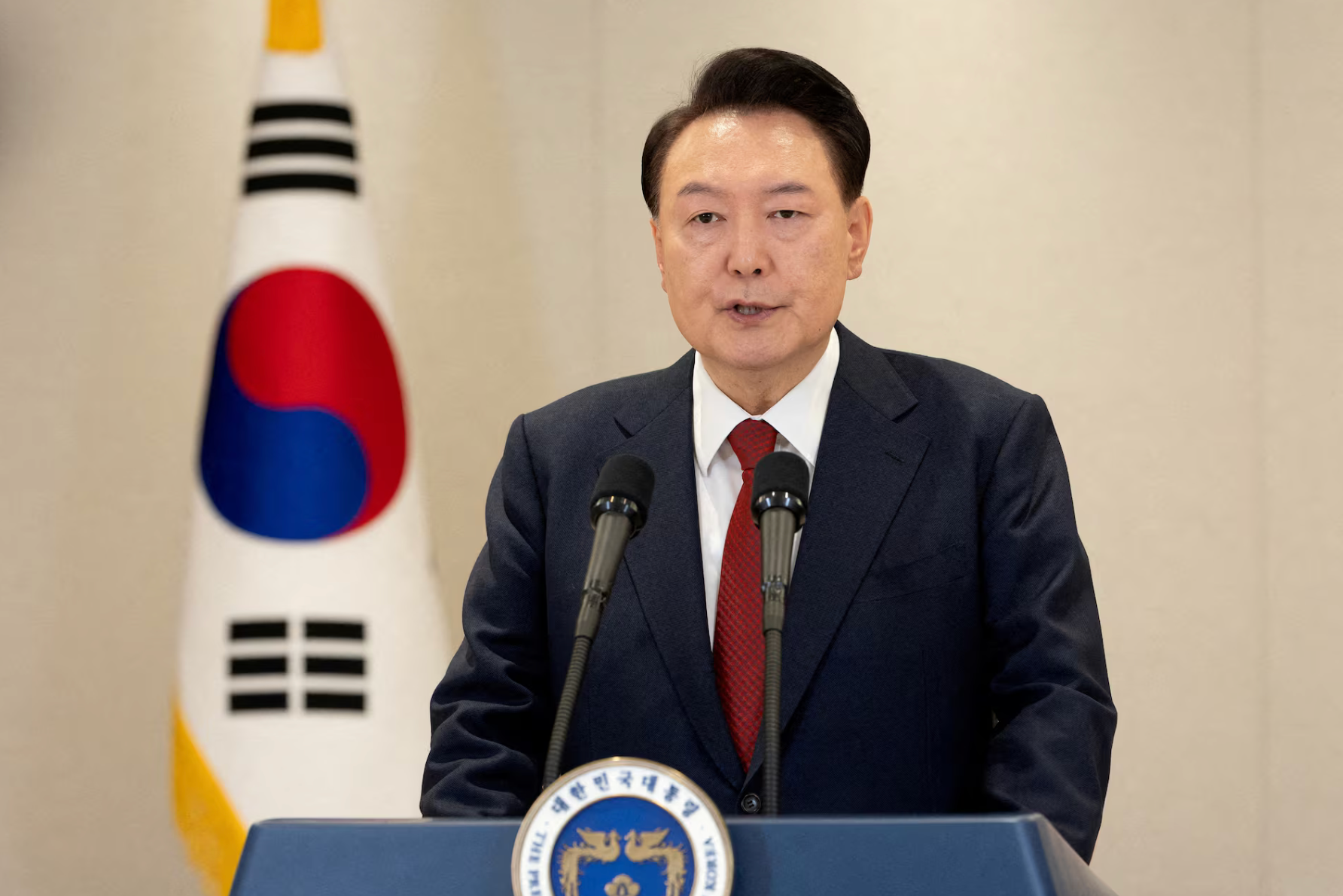Court issues arrest warrant for South Korean President Yoon Suk Yeol
A Seoul court on December 31 approved a request from law enforcement agencies to arrest impeached President Yoon Suk Yeol over his brief declaration of martial law, making him the first sitting South Korean president to face an arrest warrant.

According to sources, the Seoul Western District Court issued an arrest warrant for Mr. Yoon on charges of masterminding the failed declaration of martial law on December 3, organizing rebellion and abuse of power.
The Corruption Eradication Commission (CIO) filed a request for an arrest warrant after Mr. Yoon ignored three summonses from the anti-graft agency asking him to participate in questioning over the brief declaration of martial law.
The court's detention order gives the CIO 48 hours to detain Mr. Yoon for investigation and apply for a formal arrest warrant.
However, there is still uncertainty about the CIO's ability to execute the order, as the Presidential Security Service has cited military security reasons to prevent investigators from entering the presidential office complex and Mr. Yoon's official residence to conduct a court-approved search.
Although Mr. Yoon has presidential immunity from criminal prosecution while in office, this privilege does not apply to charges of rebellion or treason.
Mr. Yoon's legal team argued that the CIO has no legal authority to investigate riot cases, which fall under the police's jurisdiction under the current system, which was revised under the previous government.
Unlike a search warrant, a detention or arrest warrant issued by a court cannot be legally blocked, even by the president, said Oh Dong-woon, director of YES.
Mr Yoon was suspended from his duties after the opposition-controlled National Assembly voted to impeach him on December 14 over the imposition of martial law, which lasted six hours before being lifted by the National Assembly.
The Constitutional Court of South Korea has begun proceedings to decide whether to remove President Yoon from office or reinstate him. The court has 180 days from December 14 to make a decision.


